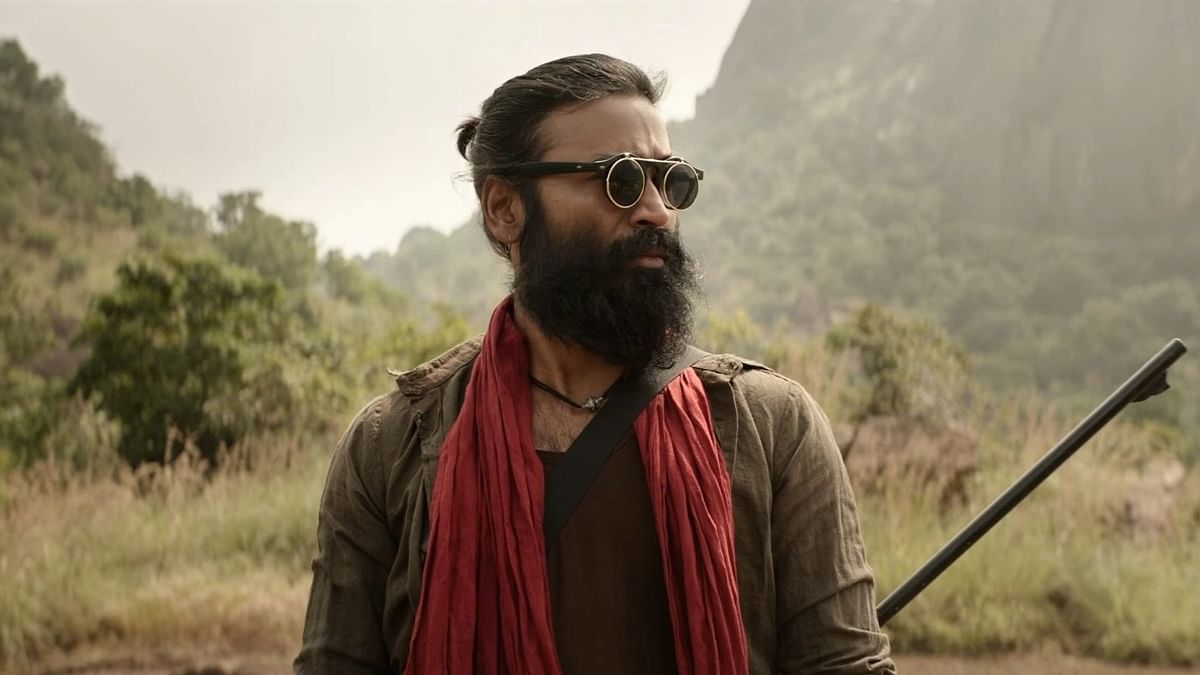Set in the British colonial era, Captain Miller is more unapologetically violent than its counterparts, but it’s not mindlessly so. Sure, the film has plenty of spectacle with numerous battles between townsfolk versus British colonialists, some scenes having gruesome, gory deaths. But in between these battles is Dhanush as the central character, contemplating the oppression from his fellow countrymen, the dignity denied to him from both the colony and more privileged locals, and the choices he chooses to make in spite of this. It’s not a straightforward bad versus good anti-colonial film like RRR, and it may not be as emotionally compelling, but Captain Miller is certainly a unique take on British colonialism with all of director Arun Matheswaran’s signature style.
Synopsis
In the 1930s, during the British Raj, Analeesan "Eesa", a former soldier of the British Indian Army called Captain Miller, is on a mission to protect the people from the British after witnessing an atrocity.
Storyline
British Raj, 1930s. Due to his caste, Analeesan "Eesa" hopes to improve his station by joining the British-led Indian military, christened with the new name Miller. However, after witnessing several atrocities, Eesa turns away from the army and joins the revolution to safeguard his hometown.
TLDR
Disclaimer: There’s a real life Tamil rebel named Captain Miller, but this film is not based on his story!
What stands out
Captain Miller might feel like a cowboy in the sense that he’s not quite a part of the town he’s protecting, but he protects them anyway. This lone ranger trope is familiar, but it feels more poignant within its context– because he was looked down upon by his fellow countrymen due to his caste, he chose to get stronger by joining the army, but because he was forced to go through the army’s atrocities, he can’t be easily accepted by the people that need his strength. This mostly is used to justify the unapologetic violence Eesa employs against his enemies, but it’s a unique take on British colonialism that empathizes with the tough choices people like Eesa made during the time.






